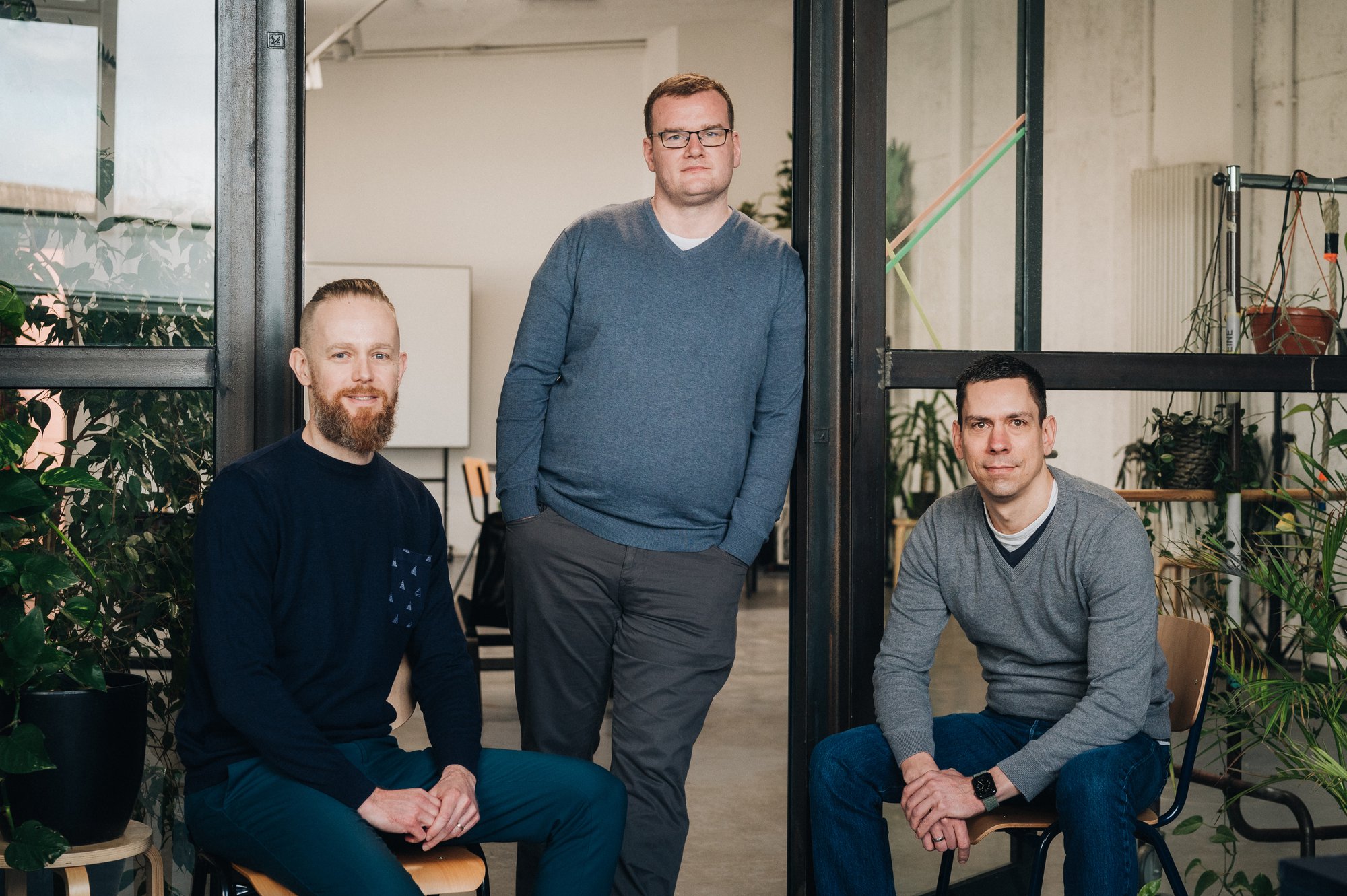- Berlin-based Tilo raised €1,200,000 in pre-Seed funding led by European VC Peak (€640,000), and joined by Tiny VC (Philipp Moehring), First Momentum Ventures, Enduring Ventures and Angel Investors including the founder of Algolia and the former CMO of Contentful to name a few.
- Matching billions of datasets in real-time: Tilo’s data infrastructure software TiloRes helps companies match data points from different sources and formats – serverless, in near real time and at immense scale.
- Endless Use-Cases: TiloRes can be used for different problems and use cases, including fraud detection, Know Your Customer (KYC) checks, Anti-Money Laundering (AML) checks, Data Safety (e.g. GDPR data requests), and even Covid contact tracing (Tilo will offer its solution for free to anybody working in Covid contact tracing). While use-case-specific products exist, TiloRes is easier to use and performs faster than what’s on the market.
- Today, the “big data tools” market is worth approximately $65 Billion and the market for data preparation software alone is around $3 Billion.
Berlin, January 27, 2022: Whether for Covid contact tracing, business intelligence, or in the area of data security and anti-fraud checks: companies need to organize billions of data points, connect and evaluate them to make the right decisions – in most cases this has to be done in milliseconds.
The problem companies are facing is that their datasets come from diverse sources and in different, unstructured formats. Connecting them into an “entity” (all the data about a single thing) is complex and until now there are no real standalone solutions. And it’s no small problem: 95% of companies cite the struggle to manage unstructured data as a problem for their business.
“Enterprises are collecting more and more data, but unless they can properly organize and connect that data, they cannot use it properly, and it loses its true value,” remarks Steven Renwick, Tilo CEO. “TiloRes solves this – at scale and in real-time. Our biggest advantage is that searching, matching and evaluating data (e.g. when checking for fraudulent behaviour in an online payment process) happens in near real time, no matter how much data is added, or how complicated the entities become. This is important for modern needs, which nearly always demand real-time response rates.”
Tilo’s founding team, Steven Renwick (CEO), Hendrik Nehnes (CTO), and Stefan Berkner (Chief Development Officer), were formerly the technology team at Regis24, a German consumer credit bureau. They faced a technical challenge: hundreds of millions of datasets had to be connected into tens of millions of single entities, and there was no technology on the market that could handle the data adequately. About 3 years ago, when serverless technology started to take off, they seized the opportunity to build a new approach to their problem.
Creating a new category for entity resolution in the big data market
“To be really honest, I didn’t grasp what Tilo was solving at first. Then I realized: we struggle with data matching ourselves. If CRM duplicates and spelling differences cause us such a headache, imagine the pain when the stakes are higher, the need is real-time, and the data in question is an order of magnitude larger. The Tilo team is tackling a surprisingly complex problem that companies have neither the time, resources, nor expertise to solve. They are doing the heavy lifting for the rest of us. The use-cases are nearly endless, and I truly believe that Tilo will define Entity Resolution as its own category in the big data market,” says Madeline Lawrence, Head of DACH Peak.
Tilo was only founded in November 2021, but has already started pilot projects together with global corporations, unicorns, and scale-ups (from eCommerce, fraud-prevention, KYC and AML) looking for just such a solution. The investment will be used to hire more engineers and launch the public version of TiloRes.
Tilo charges a license fee based on the volume of data companies are processing through TiloRes. Due to the nature of serverless, the costs scale with the usage – up and down – without any manual intervention making it cheaper than server-based solutions.
